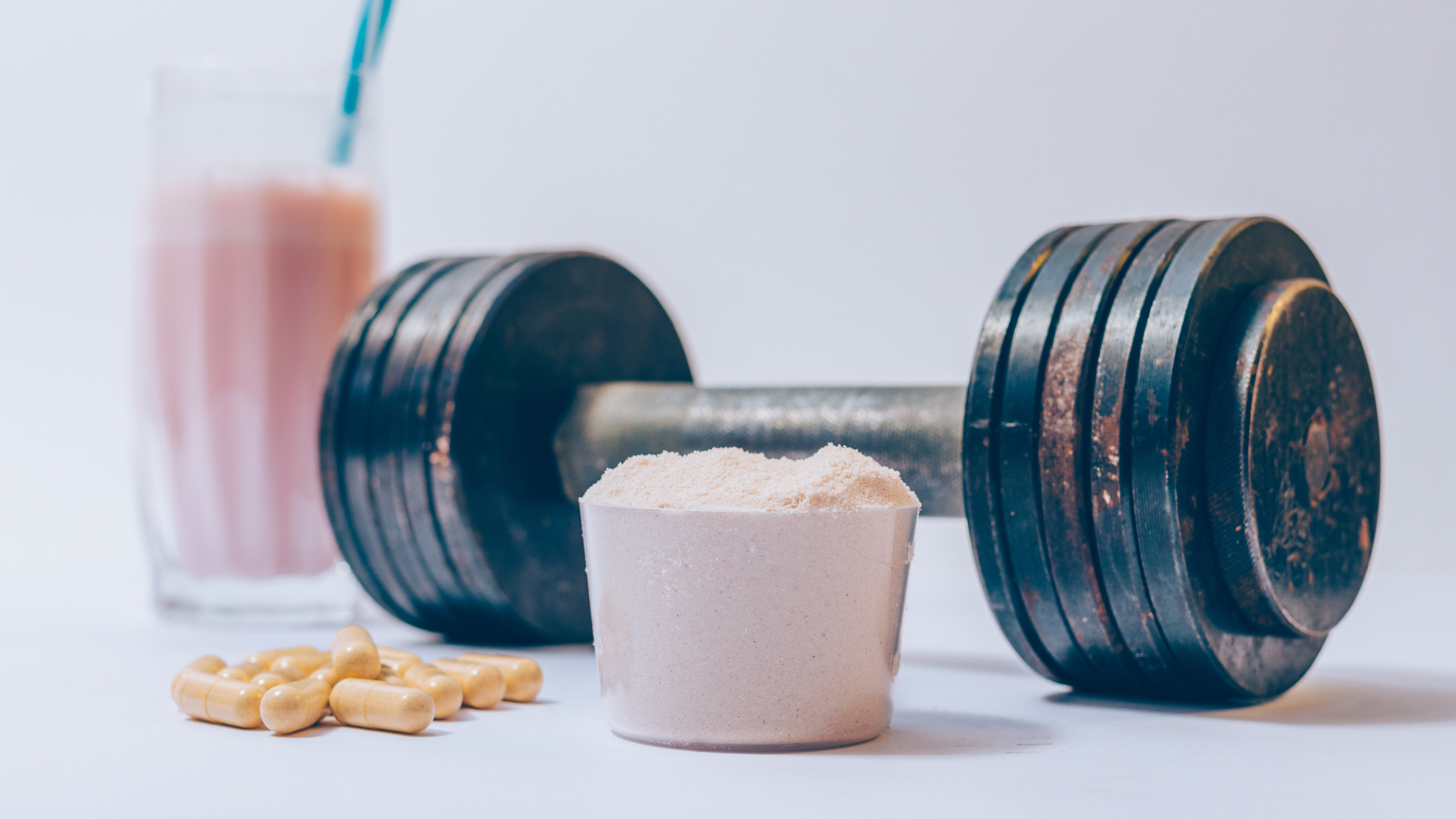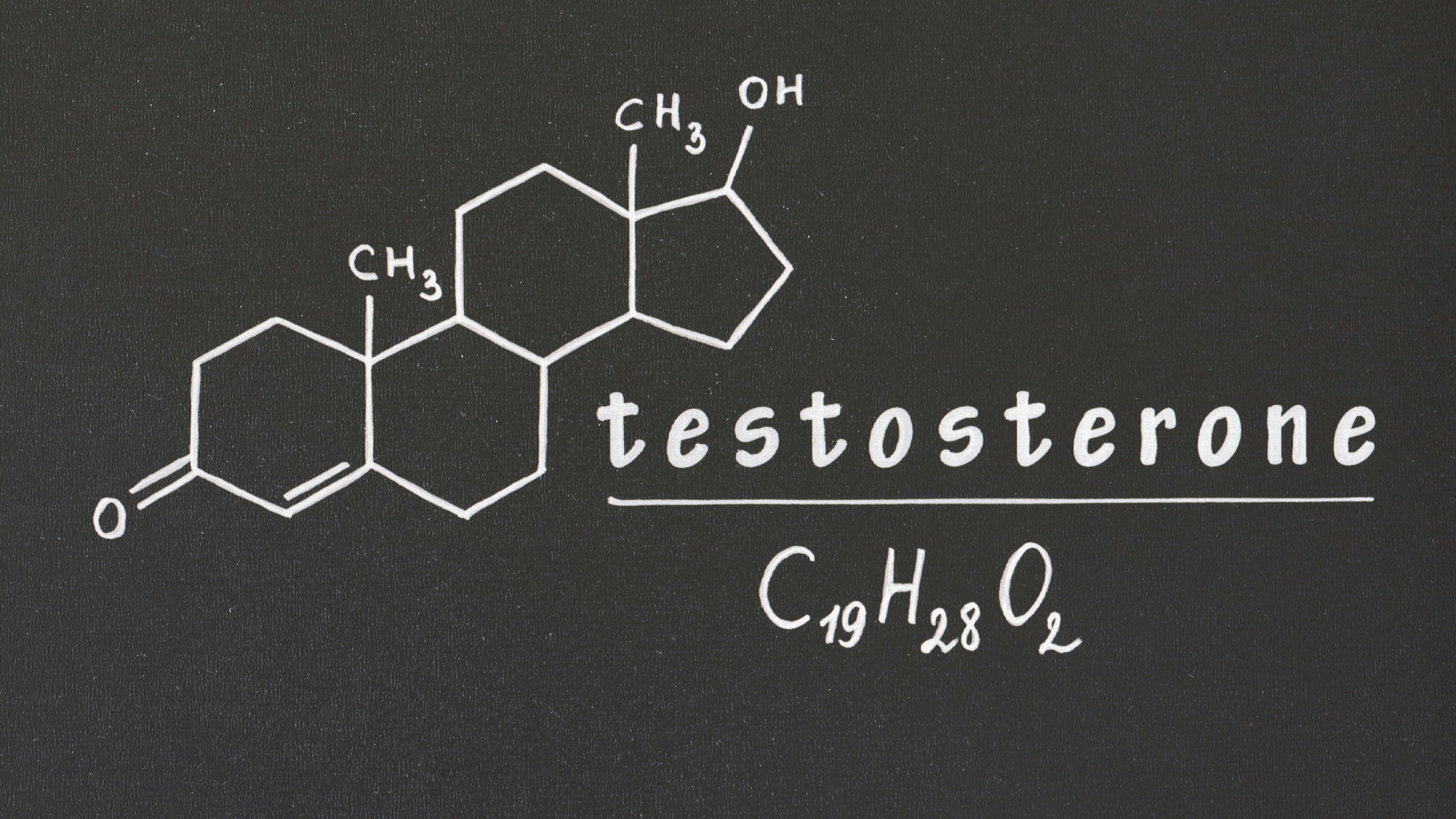
Table of Contents
- How Stomach Acid and Enzymes Support Digestion
- Essential Enzymes for Digestion
- How HCl Supports Digestive Efficiency
- The Importance of pH Balance in Digestive Health
- The Combined Power of Enzymes, HCL, and pH Balance
- Signs That Stomach Acid and Enzymes May Be Insufficient
- How to Support Digestion with Stomach Acid and Enzymes
- Digestive Benefits of Stomach Acid and Enzymes
- Conclusion: Stomach Acid and Enzymes for Digestive Efficiency
- Frequently Asked Questions (FAQs)
How Stomach Acid and Enzymes Support Digestion
Stomach acid and enzymes are integral to the digestive process. Each plays a distinct but complementary role in breaking down food components into their simplest forms, ensuring that the body can absorb and utilize nutrients effectively.
Stomach Acid
Composed primarily of hydrochloric acid (HCL), stomach acid creates the acidic environment required for breaking down proteins and activating enzymes. It also helps protect the gut by eliminating harmful bacteria and pathogens.
Digestive Enzymes
These biological catalysts target specific macronutrients to facilitate the breakdown of complex food molecules into smaller, absorbable components. Supplementation with plant-based or microbial-derived digestive enzymes, including DPP-IV, offers targeted support for meals containing challenging foods such as proteins, high-fiber vegetables, and whole grains.
Essential Enzymes for Digestion
- Protease Enzymes: Break down proteins into amino acids. DPP-IV specifically targets gluten, supporting digestion for those sensitive to this protein.
- Amylase and Glucoamylase: Convert carbohydrates into glucose, reducing heaviness after meals.
- Beta-glucanase and Hemicellulase: Aid in breaking down plant fibers, enhancing nutrient extraction.
- Alpha-Galactosidase: Helps digest complex sugars in beans and cruciferous vegetables, reducing bloating and gas.
How HCl Supports Digestive Efficiency
- Activating Protein Digestion: Converts pepsinogen into pepsin, a key enzyme for breaking down proteins.
- Enhancing Nutrient Absorption: Enables absorption of essential vitamins like B12, iron, calcium, and magnesium.
- Protecting the Gut: Prevents harmful bacteria and pathogens from thriving.
The Importance of pH Balance in Digestive Health
Stomach acid maintains a low pH, crucial for activating enzymes and initiating protein digestion. When pH is too high due to inadequate stomach acid, digestive enzymes cannot function optimally, leading to incomplete digestion and nutrient deficiencies.
The Combined Power of Enzymes, HCL, and pH Balance
Enzymes, HCL, and balanced pH create a synergistic process for efficient digestion. Together, they address challenges in breaking down proteins, carbohydrates, and fibers, ensuring optimal nutrient absorption and reducing digestive discomfort.
Signs That Stomach Acid and Enzymes May Be Insufficient
- Fullness or heaviness after meals, especially protein-rich meals.
- Bloating or gas after consuming fiber or starchy foods.
- Nutritional deficiencies despite a balanced diet.
- Undigested food particles in stool.
How to Support Digestion with Stomach Acid and Enzymes
- Timing: Take with meals, especially protein-heavy meals.
- Dosing: Start with low doses, gradually increasing as needed.
- Complementary Practices: Chew thoroughly and balance meal composition.
Digestive Benefits of Stomach Acid and Enzymes
- Enhanced protein digestion and nutrient absorption.
- Improved carbohydrate breakdown.
- Alleviation of bloating and gas from high-fiber foods.
Conclusion: Stomach Acid and Enzymes for Digestive Efficiency
Stomach acid and enzymes play a vital role in maintaining a healthy digestive system. For those experiencing occasional digestive challenges, supplementation with HCL and digestive enzymes can optimize digestion and overall health.
Frequently Asked Questions (FAQs)
Can low stomach acid cause malabsorption?
Yes, low stomach acid can prevent the absorption of key nutrients like vitamin B12, calcium, and magnesium.
How can I increase stomach acid and digestive enzymes?
Consider betaine HCL and digestive enzyme supplements. Additionally, mindful eating and stress management can help.
What happens when you start taking digestive enzymes?
Digestive enzymes can improve digestion by breaking down food more effectively, reducing bloating and gas, and supporting better nutrient absorption.
Who should avoid betaine HCL?
Individuals with stomach ulcers or irritation should avoid betaine HCL. Consult a healthcare provider before use.
How do you reset your stomach acid?
To reset stomach acid levels, consider incorporating betaine HCL, reducing processed foods, consuming a diet rich in whole foods. PRL’s HCL Activator is commonly paired with Premier HCL to provide a targeted plant-based combination that works with betaine hydrochloride to support optimal HCL production and gastric pH. Stress management and mindful eating can also be beneficial.
‡ The products and claims made about specific products on or through this Site have not been evaluated by the United States Food and Drug Administration and are not approved to diagnose, treat, cure, or prevent disease.
‡ This Site is not intended to provide diagnosis, treatment, or medical advice. Products, services, information, and other content provided on this Site, including information that may be provided directly or by linking to third-party websites are provided for informational purposes only. Please consult accredited healthcare professional organizations, evidence-based herbal monographs, and published clinical research regarding any medical or health-related diagnosis or treatment options.
_________________________________________
Jenny Perez is an herbal educator, researcher, and writer who has been immersed in nutrition and botanical medicine for more than twenty years. She has created curriculum, content, and educational materials for Premier Research Labs, Quantum Nutrition Labs, the American Botanical Council, and Bastyr University’s Botanical Medicine Department, where she was Adjunct Faculty, Herb Garden Manager, and Director of the Holistic Landscape Design certificate program.









